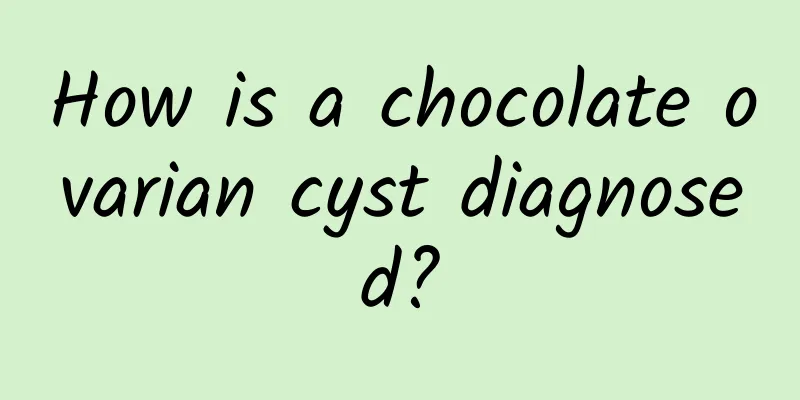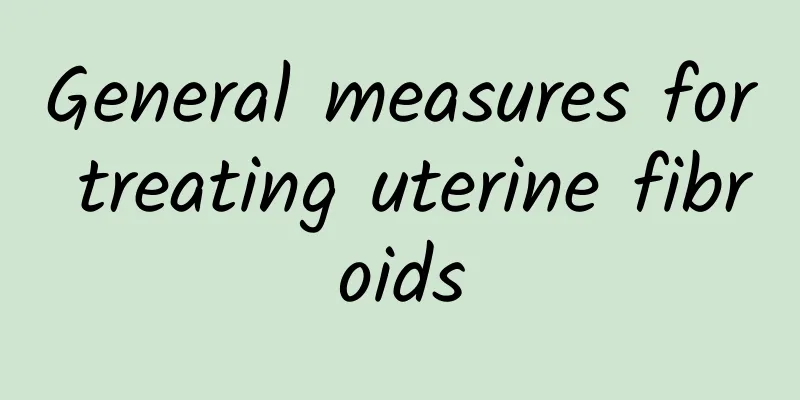How to treat glandular atrophy

|
The treatment of glandular atrophy requires a targeted plan based on the specific gland type and degree of atrophy. Common methods include drug therapy, hormone replacement, and lifestyle intervention. Severe cases may require surgical treatment. Identifying the cause and intervening in time are the keys to treatment. 1. Medication Drug treatment is one of the common methods for glandular atrophy. Doctors will choose appropriate drugs based on the function and damage of the specific gland. For example: -Atrophy of the lactating glands: Prolactin agonists such as bromocriptine can be used to help improve hormone secretion and restore gland function. -Gonadal atrophy: Sex hormone replacement therapy such as estrogen replacement or testosterone supplementation can help restore some of the function of the gonads. -Thyroid atrophy: Glandular atrophy caused by hypothyroidism can be supplemented with levothyroxine sodium to restore metabolic balance. When using medications, you need to strictly follow your doctor's instructions to avoid side effects or insufficient dosage that may lead to poor efficacy. 2. Hormone replacement therapy When the glands shrink, the hormones they secrete tend to decrease, thus affecting the physiological functions of the whole body. Hormone replacement therapy can effectively make up for the hormone deficiency and improve symptoms. For example: -For adenohypophysial atrophy, supplemental corticosteroids, thyroxine, or gonadotropins may be necessary. - For postmenopausal women with ovarian atrophy caused by ovarian function degeneration, estrogen replacement therapy (ERT) may be considered. It should be noted that the dosage of hormone replacement still needs to be adjusted according to the specific condition, and patients need to be monitored regularly to ensure efficacy and safety. 3. Improve your lifestyle Lifestyle adjustments are particularly important for patients with mild to moderate glandular atrophy. A healthy diet and healthy exercise can slow the atrophy process and improve overall function: -Dietary advice: Eat more high-quality protein (such as beans, fish, eggs), as well as foods rich in zinc, selenium, vitamin A and E to help gland repair. -Exercise program: Moderate aerobic exercise (such as jogging, swimming) and strength training can stimulate gland function, improve blood circulation, and enhance metabolic capacity. -Psychological adjustment: Long-term stress can accelerate gland atrophy. Managing stress through meditation, yoga or other relaxation methods can help recovery. 4. Surgery In cases of gland atrophy with severe structural abnormalities or complete loss of gland function, surgery may be needed to restore function. For example: -Adrenal atrophy: Resection of necrotic tissue or gland reconstruction surgery. -Disuse atrophy of the thyroid function: Thyroidectomy and long-term hormonal medication may be required. The surgery requires comprehensive consideration of the patient's health condition and expected results, and must be performed under the guidance of a professional doctor. The treatment of glandular atrophy requires symptomatic treatment and multidisciplinary intervention, which is an important way to restore function. If symptoms of glandular dysfunction occur, you should seek medical attention in time, identify the cause of atrophy, and take active treatment measures. |
<<: Is cervical erosion related to men? Is it contagious?
>>: I got pregnant again one month after the abortion.
Recommend
Chronic uterine involution in parturients should be alert to the occurrence of cervical hypertrophy
The cervix is a very important organ in the fem...
Why do you need a gynecological examination before abortion?
Artificial abortion, also known as artificial abo...
Will abortion affect women’s fertility?
Will abortion affect women's fertility? The i...
What causes cervicitis? 3 factors that easily cause cervicitis
What causes cervicitis? There are three factors t...
Is it more painful to have a medical abortion or a surgical abortion?
Both medical abortion and surgical abortion are m...
How much does it cost to induce labor in Beijing? Ways and methods of inducing labor
Sometimes couples fail to take protective measure...
Can endometritis cause bleeding after menopause?
Postmenopausal bleeding requires vigilance, and e...
Are the consequences of pelvic inflammatory disease serious? Can it cause menstrual disorders?
Pelvic inflammatory disease is a common disease a...
How much does cervical erosion surgery cost?
How much does cervical erosion surgery cost? The ...
Can dysmenorrhea cause female infertility?
Nowadays, many people simply regard dysmenorrhea ...
Experts reveal the five major symptoms of ectopic pregnancy
As more and more patients with ectopic pregnancy ...
8 factors that cause irregular menstruation. Irregular menstruation requires maintaining good living habits
If women of childbearing age are under long-term ...
Does the adult flu vaccine have any side effects or harms?
It is generally safe for adults to receive influe...
Brief description: knowledge related to primary dysmenorrhea
Among gynecological diseases, the incidence of pr...
Three dangers of ectopic pregnancy that should be watched out for
Among many common gynecological diseases, ectopic...









